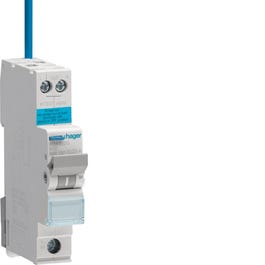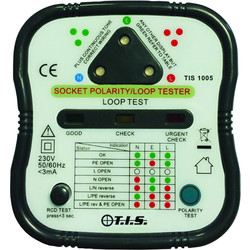- Reaction score
- 5
Probably a stupid question but why is it that you cannot (I think) run a spur off a spur but can connect an extension lead with loads of sockets on it? My son needs about six sockets in a new kitchen where there is only one double socket at present. How can it be done? As a matter of interest, we are trying to get an electrician in the Whitehaven, Cumbria area with no success. Are they all too busy?
Thanks
Brian
Thanks
Brian












